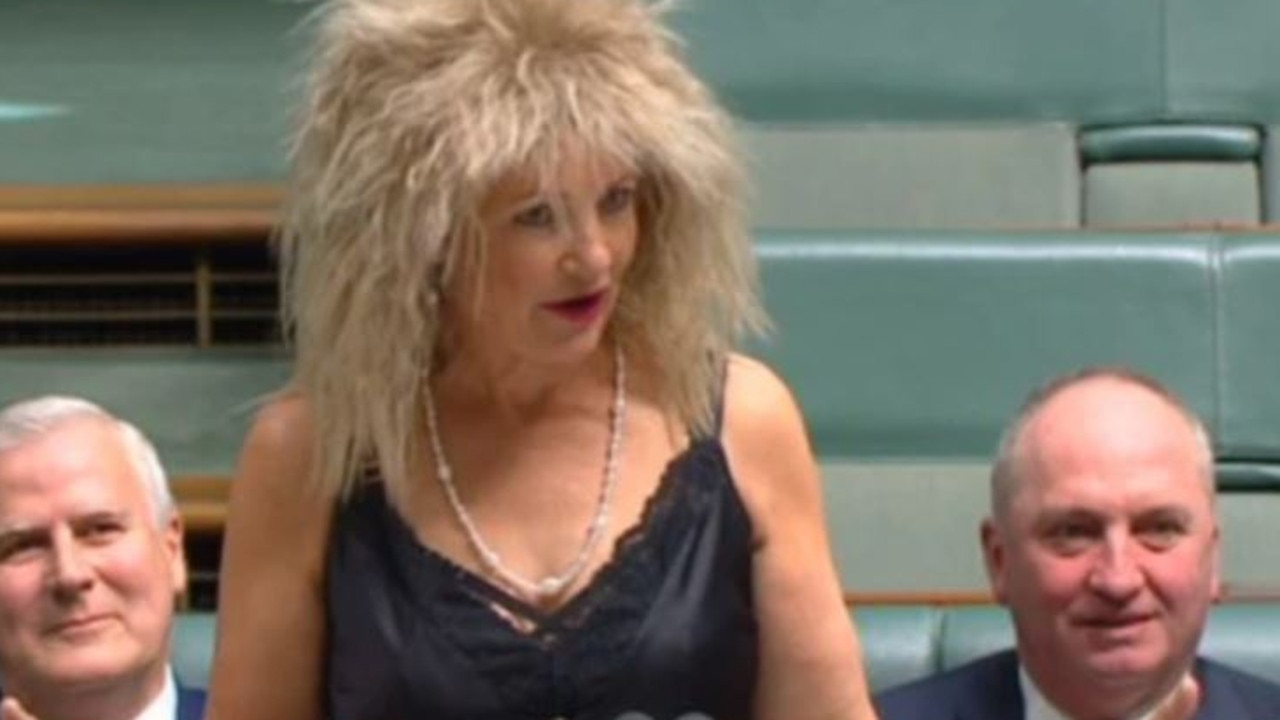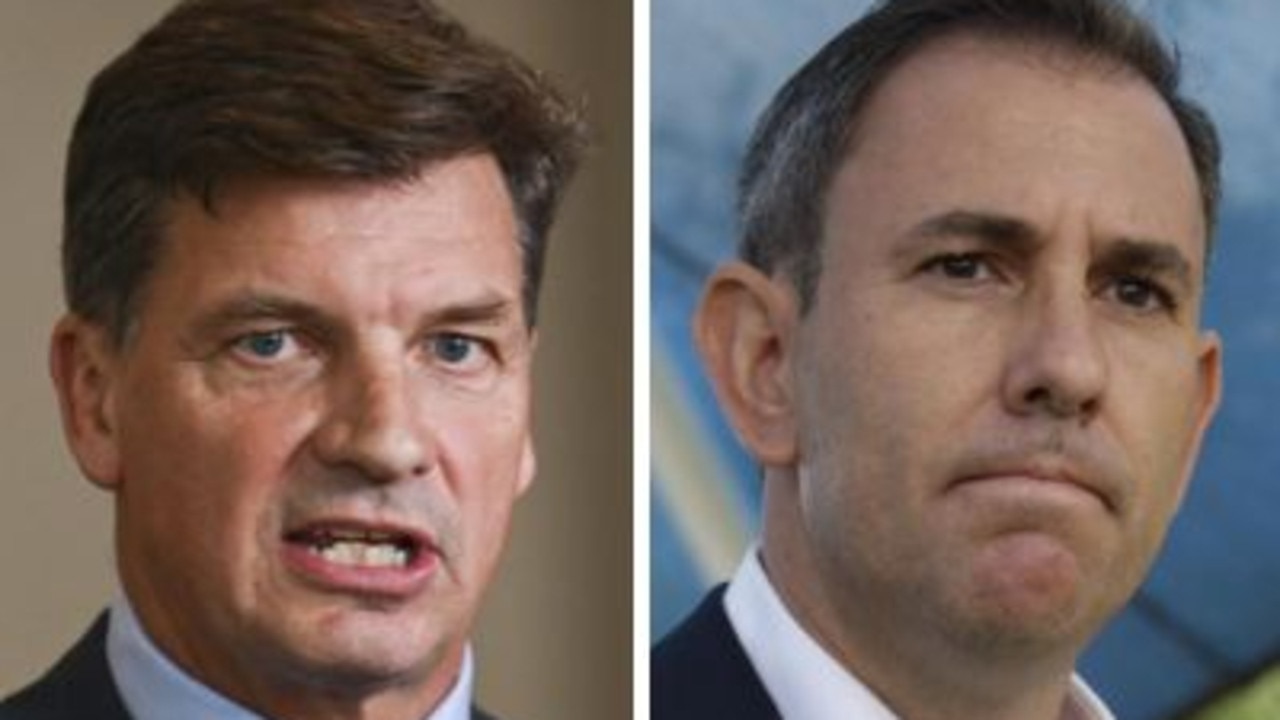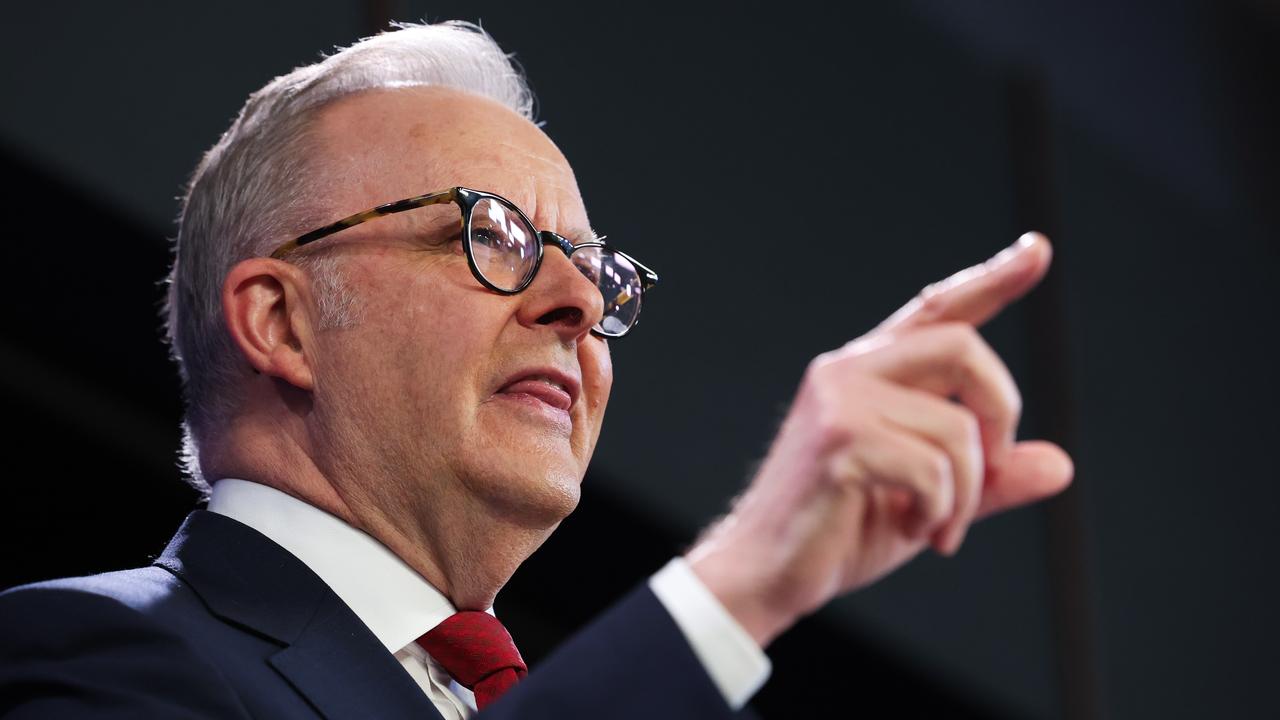PBS prescriptions frozen at $31.60 price cap for a year as health measures in federal budget revealed
Australians on listed prescription medication will have their costs frozen for one year, as part of a suite of new health measures in the federal budget.
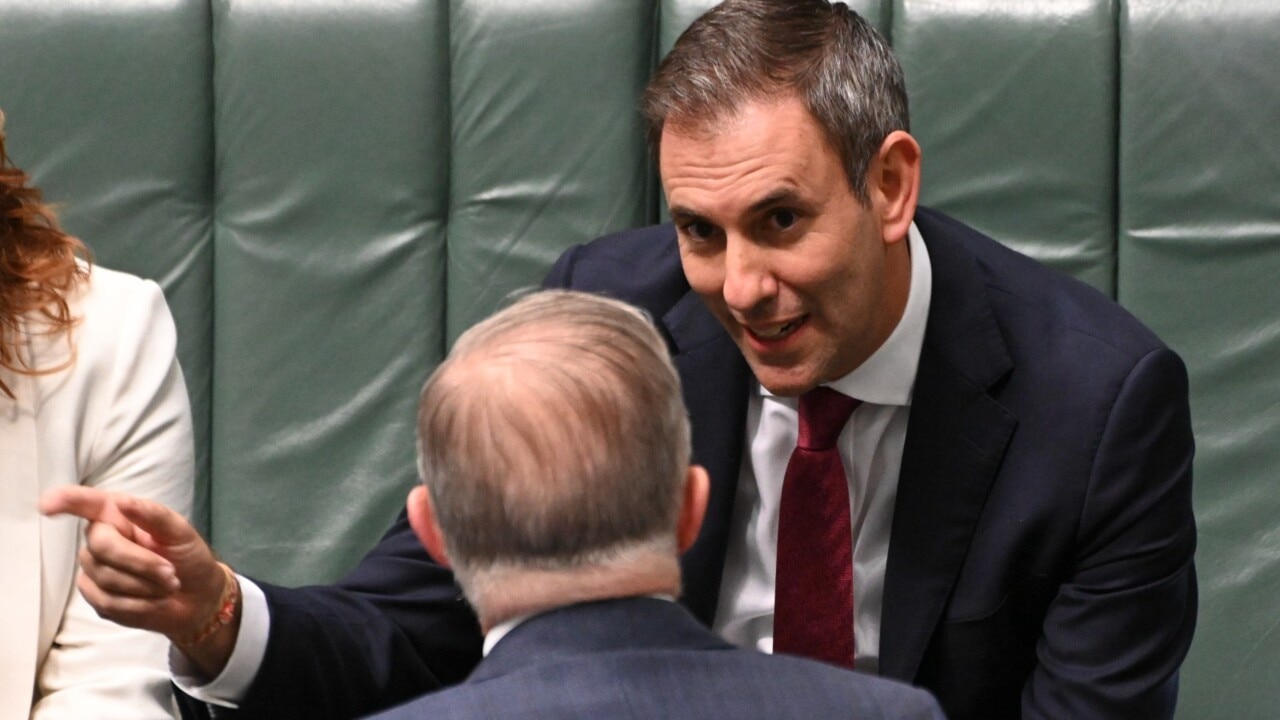
The price of prescription medications listed on the Pharmaceutical Benefits Scheme will be frozen for a year.
In delivering the federal budget on Tuesday, Treasurer Jim Chalmers reaffirmed the government’s support for strengthening Medicare and increasing the country’s bulk-billing capacity with a range of measures intended to keep the nation’s health bills down.
Additional funding has also been committed to improve the mental health of Australians, reforming the National Disability Insurance Scheme (NDIS), and provision to make healthcare more accessible and targeted for women.
Here’s what the 2024-25 budget delivered on health.
Health Care
The cost of prescription medicines listed on the PBS will be capped at $31.60 for the next financial year. For pensioners and concession card holders, the $7.70 cap will be frozen until June 31, 2029.
An extra $3.4bn has been invested to add a number of new medications onto the PBS.
Another key funding commitment was $2.8bn to open 29 new urgent care clinics to reduce pressure on hospital emergency rooms, adding to the 58 existing clinics, however the move has been criticised by the professional body representing GPs.

Royal Australian College of GPs (RACGP) president Nicole Higgins said funding would have been better directed into increasing the Medicare rebate.
Doing so, she argued, would decrease out-of-pocket fees and make GP appointments more accessible.
“Australians are already putting off essential care due to rising costs. This budget won’t help, so out-of-pocket fees will increase,” she said.
“It will mean a sicker nation and more pressure on hospitals, which will cost the government much more.”
Dr Higgins also criticised urgent care clinics are being “inefficient,” and not “value for money,” considering the funding required in its roll out. Instead she argued that funding should be better re-directed into training GPs.
“Australia has an ageing population and epidemic of chronic disease and mental illness, which means increasing demand for GP care, but only 10.5 per cent of medical students are choosing to specialise as GPs,” she said.
“This budget does nothing to reverse this trend, exacerbating a critical workforce shortage.”
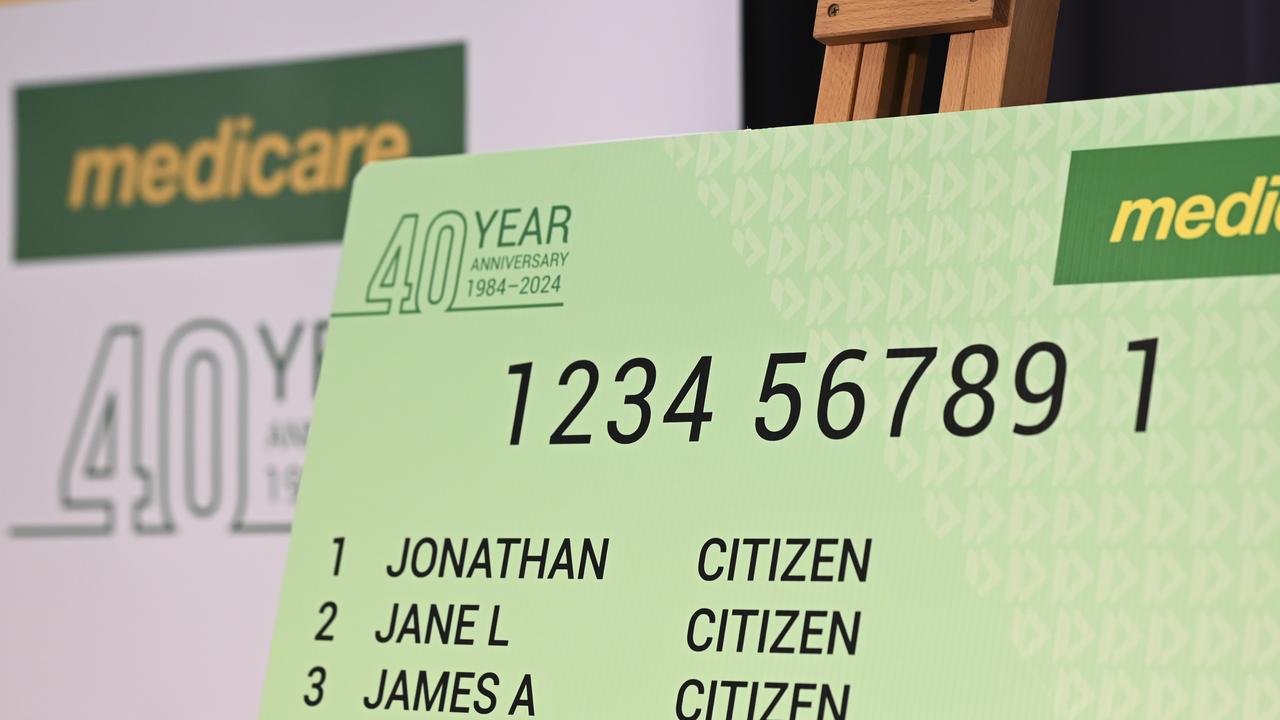
Women’s Health
A total of $160m has been directed into delivering targeted health measures for women.
The key announcements include a $49.1m boost over four years so that patients with complex gynaecological conditions, such as endometriosis and pelvic pain, can access 45 minute consultations.
A further $56.5m has also been invested over four years to implement recommendations from the Medicare Benefit Scheme (MBS) Review Taskforce to increase tailored maternity care.
A $56.1m Women’s Health Package also contains a number of smaller initiatives including $7m to support women and families who have suffered miscarriage or pregnancy loss, a $12.5m scheme to allow National Aboriginal community Controlled Health Organisations to deliver free period products, and $6m in outreach healthcare for crisis accommodation providers to support women and children experiencing family and domestic violence.
Mental health
Tuesday’s budget also contained $361m in free mental health services to be funded over four years.
The money will be directed to upgrading the network of 61 Medicare Mental Health Centres for adults with modern to severe conditions, which are slated to be in operation by June 30, 2026.
The government also announced a free digital mental health service which patients can access without a referral.
The service is designed to be low-intensity, and provide early-intervention care, and is currently slated to come online by January 1, 2026.
When it does, about 150,000 Australians are expected to use the service each year.

NDIS
$468.7m has been committed to bolstering the NDIS, and getting the support scheme back on track following the final report handed down by the independent NDIS Review.
Nearly half of the funds will be directed to reform to stop rampant defrauding of the system, and will be co-designed with people with disability.
Other funding has been directed into beginning consultation to ensure people with disabilities can navigate the system ($20m), transparency over pricing ($5.3m), and increased governance and advisory policy to implement the reforms.
$45.5m will also be directed to create the NDIS Evidence Advisory Committee (NDIS EAC) to advise government on the implementation of future policies.
Aged-care
A total of $2.2bn has been directed to strengthen support for Australians in aged care.
$531.4m has been invested to delivery an extra 24,100 Home Care Packages in 2024-25, and reduce wait times for Australians trying to access the services.
Further funding has been directed to help Australians access information about aged care, including $1.2bn to create “critical digital systems,” and implement the new Aged Care Act.
Dr Chalmers said the funding was necessary as Australians were living “longer, healthier lives,” creating more demand on aged care services.
Aged care workers have also been promised a pay rise following the determination of the Fair Work Commission set to be released later this year. The government has guaranteed this will be on top of the 15 per cent increase, ordered by the body in March.

